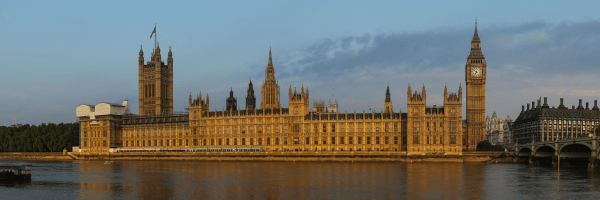Last week, Chancellor of the Exchequer Rachel Reeves addressed the House of Commons to present the findings of a Treasury spending audit. She had previously hinted at this during discussions about assessing the public spending legacy. According to the Chancellor, the audit uncovered £22 billion in unfunded commitments inherited from the previous government. These include obligations related to the Rwanda scheme, the Advanced British Standard, and the New Hospital Programme. Additionally, there were shortfalls due to the failure to increase Departmental budgets to accommodate public sector pay settlements.
To begin addressing the overspend, the Chancellor announced savings of £5.5 billion for this year, with an additional £8.1 billion expected next year. The proposed measures include:
- Restricting winter fuel payments to those receiving other forms of State support (note that winter fuel payments are devolved in Scotland and Northern Ireland).
- Terminating the Rwanda migration partnership and reviewing the Illegal Migration Act retrospectively.
- Cancelling the Investment Opportunity Fund and other smaller projects.
- Scrapping the Advanced British Standard and unaffordable road and railway schemes next year.
- Reviewing the New Hospital Programme.
The Chancellor confirmed that the Independent Pay Review Body’s recommendations for public sector pay increases, averaging 5.5%, have been accepted.
Additionally, new plans were introduced for Spending Reviews to be conducted every two years, covering a three-year period to ensure a one-year overlap with the previous review, promoting a more cohesive approach to public finance.
The Chancellor also committed to holding a single major fiscal event annually, consistent with recent practices where the Budget occurs in the autumn, encompassing all significant tax and spending announcements. Any spring Statement would respond to the second forecast made by the Office for Budget Responsibility.
In her speech, the Chancellor outlined tax proposals set to be confirmed in the Budget, scheduled for 30 October. These include:
- Ending VAT tax breaks for private schools from 1 January 2025.
- Replacing the non-domicile regime with a new residence-based system (a plan initiated under the previous government).
- Extending the Energy Profits Levy for one year until 31 March 2030, tightening investment allowances, and increasing the levy rate to 38% (from 35%) starting 1 November 2024.
- Closing the carried-interest loophole used by private equity fund managers to reduce their tax liabilities.
These measures align with the Labour Party’s manifesto, so no significant surprises are expected.
It’s evident that the £22 billion shortfall in public spending won’t be fully covered by the savings announced by the Chancellor. This raises the question of whether the October Budget will bring additional challenges.
Alternatively, the Chancellor might be frontloading the bad news while it’s anticipated, following the change in government, potentially saving some positive announcements for the Budget. We will keep you updated on any developments that may impact you. If you have concerns about how these changes might affect you, please feel free to reach out; we’re here to help.
See: https://www.gov.uk/government/speeches/chancellor-statement-on-public-spending-inheritance









